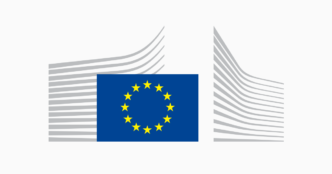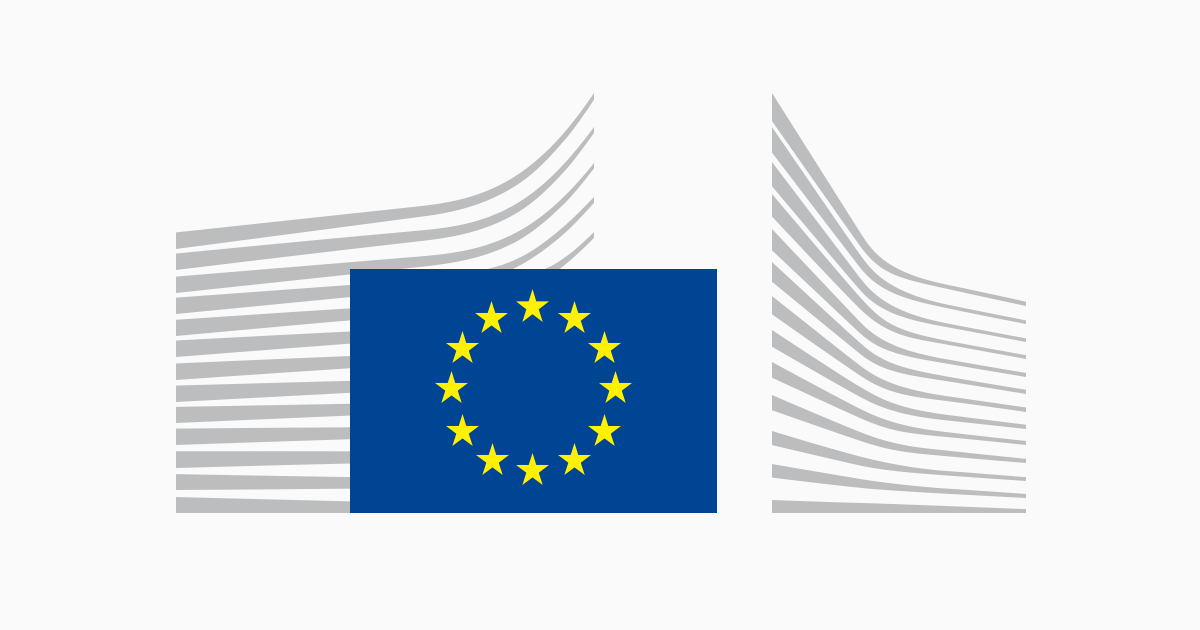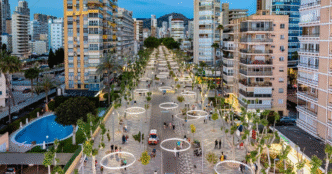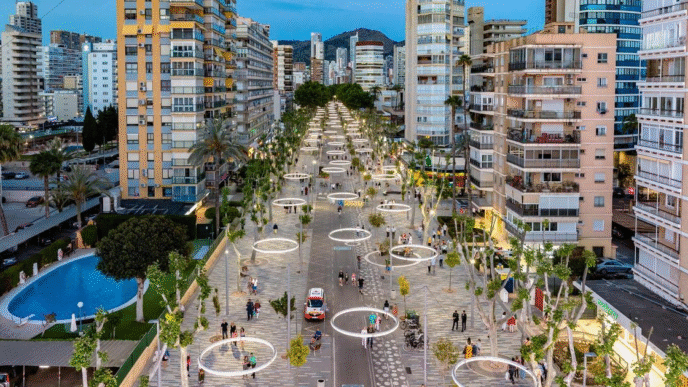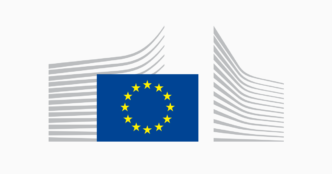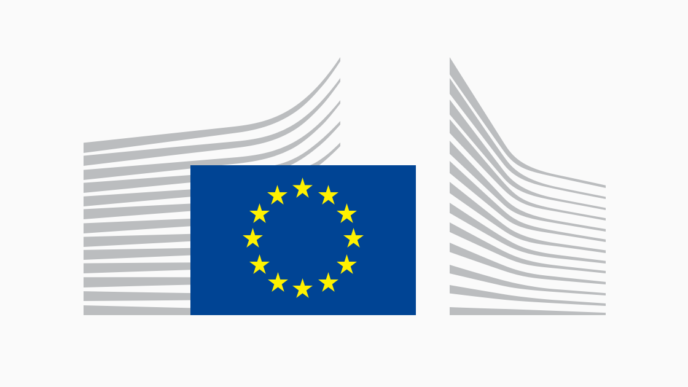As part of efforts to reduce traffic and pollution on one of Europe’s busiest highways, the authorities in Paris have established a special car-sharing lane during rush hour on the city’s infamous ring road, the périphérique.
This restriction forms part of a programme of measures that Paris city hall started introducing in 2014 to reduce pollution and improve air quality. The measures have included promoting public transport, building a cycling network, expanding pedestrian areas in the capital, and restricting access for high-emission vehicles.
In early March, Paris launched a trial program limiting the périphérique’s outside lane to passenger cars with two or more occupants between 07:00 and 10:30 and between 16:00 and 20:00. Public transport, taxis, emergency services, and vehicles used by individuals with disabilities are permitted to use the lane.
Following an initial “learning phase” to help drivers adjust to the new regulations, artificial intelligence will be used to identify vehicles that do not meet the requirements and notify them to change lanes. From 1 May 2025, drivers who fail to comply will be fined €135.
This measure builds on provisions introduced last October, which reduced the périphérique’s top speed from 70 km/h to 50 km/h. According to reports, this reduced traffic congestion, pollution and accidents.
However, the pilot has angered critics who claimed it would worsen conditions on a road used by an estimated 1.5 million vehicles daily. They claim such measures disproportionately affect motorists, especially those who cannot car-share and would therefore be confined to the remaining lanes, which may become more congested.
Paris city hall assured the public that the carpooling lane will be marked by signs that will be turned off in cases of extreme congestion.
Author: Sara Mecatti
Views and opinions expressed are those of the author(s) and do not reflect those of the European Commission.
